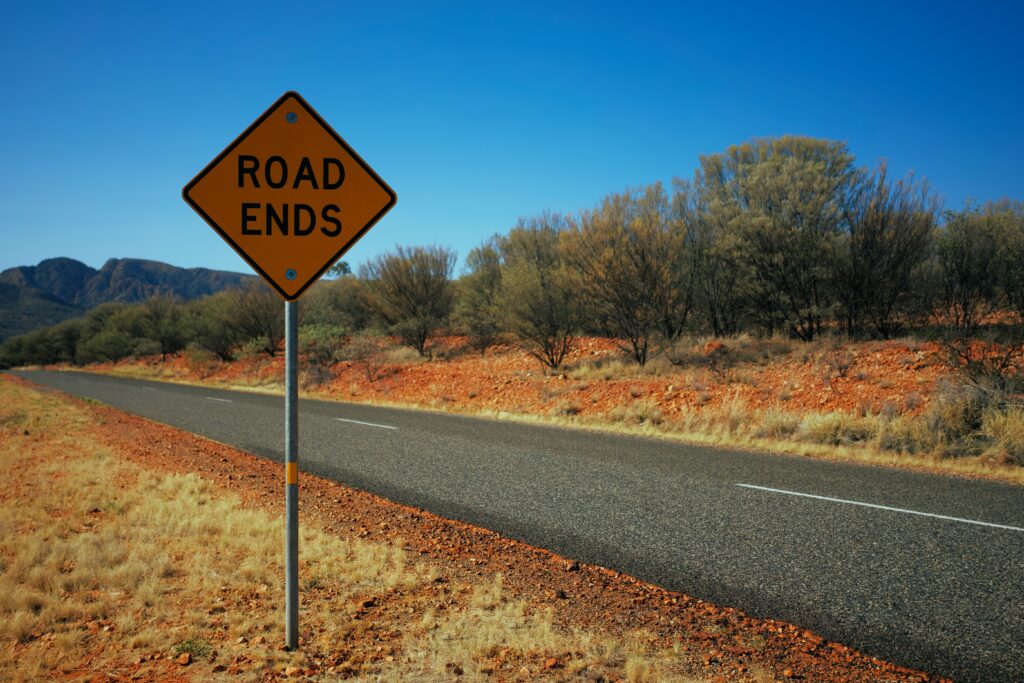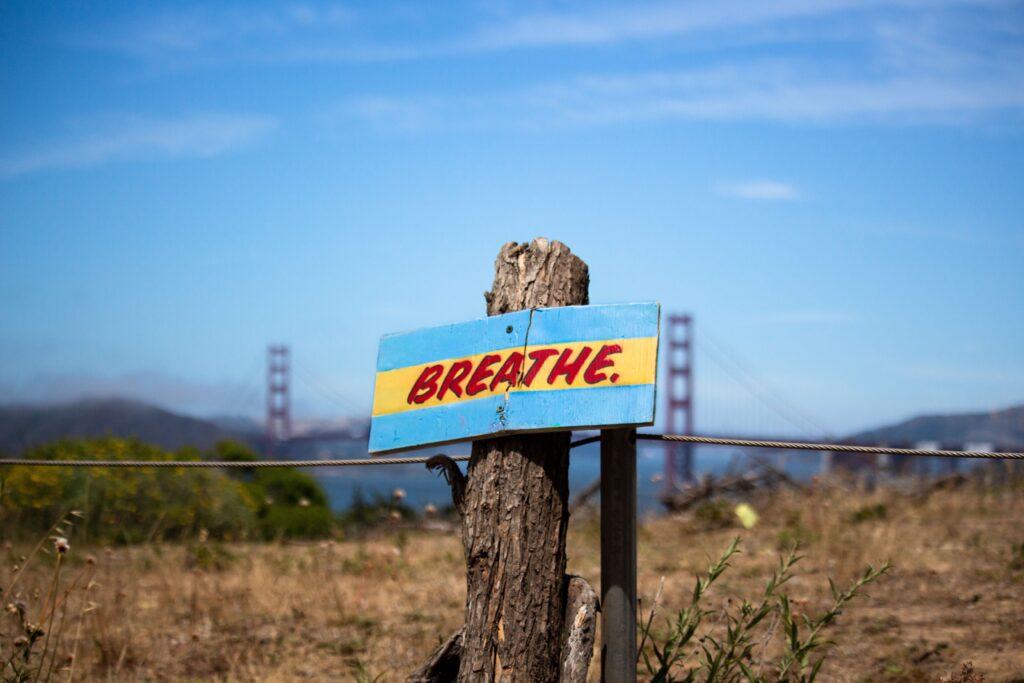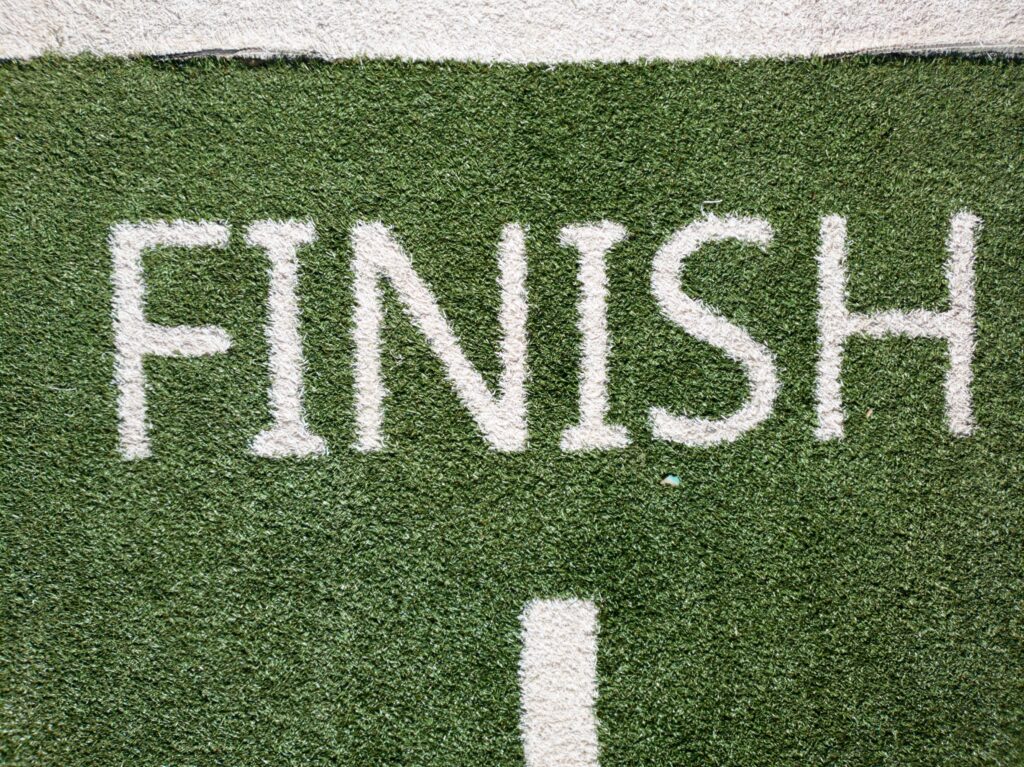Remember the opening scene of Romancing the Stone? Remember Kathleen Turner as wildly successful romance novelist Joan Wilder, typing the final lines of her latest manuscript, and weeping at her own words?
Then she reels off that last page, bundles the pages together, and pops open a bottle of champagne (literally) before handing the book to her agent/editor.
Wow! She typed her last line, and she was done!!
Does that mean she didn’t write a draft? Does that mean she just wrote the whole novel from beginning to end, with no revisions??
Unfortunately, for most of us real-life writers, typing the last word of the story is far from the end.
Nope. For most of us, finishing a novel looks a lot different than it did for Joan.

Arriving at the end
A few months ago, I attended a seminar hosted by my writing group, CARWA, presented by Melissa McClone, a prolific hybrid romance author.
She presented a list of things she always checks before popping that champagne cork — it was a checklist of ‘the usual suspects’, things she knew had to be there for her to be satisfied. For example, she said she always checks that there’s a shift of emotion within every scene.
To me, what she described sounded a lot like a final round of Quality Assurance, before signing off on the product or feature.
So I asked her, “Once you’ve gone through this list, is that how you know your book is ‘done’?”
She stared back at me through that long Zoom lens and said, “No. I know I’m done when I hit my deadline.”
Huh.
This is clearly not the criterion George RR Martin uses to judge when his books are finished.
But of course that’s McClone’s way of determining ‘done’, since she’s been traditionally publishing for many years. And when you traditionally publish, publishers impose deadlines. And most authors don’t have the leverage of a GRRM to ignore them.
But, if you’re a self-published author, with a manuscript nearing completion, but without anyone other than you having much stake in when your book is published, how do you know when it’s ready for publication?
Make a checklist (or two or three…)
Checklists help you understand the scope of work still required on your book, give you an endpoint, and provide concrete evidence that you’ve put in your best effort.
So, before you contemplate publishing, it’s a good idea to itemize everything you ’think’ you need to do before you’re done.
There are few types of checklists you can create:
A list of ‘usual suspects’, issues that could apply to any and all of your novels, like…
- Be sure that at least one of your lead characters has a strong growth arc
- Check that every scene has a purpose
- Check you’re not using too many -ly adverbs
Or, you can list all of the specific issues/questions/scenes you need to fix/resolve/improve before you’ll be happy with the book. For example, some items from my checklist for the book I’m currently finishing are…
- Make the book feel more like it’s set in Rome
- Include more dialogue and exclamations in Italian
- Slow down the pace of the first half of the book
Or, if you’re trying to improve your writing, you might list the craft skills you want to work on with this manuscript, such as…
- Get better at writing descriptions
- Figure out how to ramp up sexual tension
The downside of checklists
I am a believer in making checklists. I think they make the road to ‘complete’ more concrete. But a word of warning: Checklists can easily overwhelm.
Since you’re probably aiming for perfection on your book, you’ll probably include everything under the sun in those lists, so they’ll likely become very long and daunting.
But don’t be afraid. Books are hard to write. It’s very normal to have a long list of things you want to look at and improve.
And I definitely recommend breaking lists down into sub-lists of related tasks – don’t try to tackle everything at once.
But, beyond that, dive in! And, don’t be afraid to modify your checklist as you go.
Getting through everything you’ve listed might take less time than you think. I know, with the book I’m currently finishing, as I worked through my lists, it turned out my book was better than I remembered, and some of the changes I’d listed weren’t really needed.

Set your own deadline
I hate deadlines, or the idea of deadlines, anyway. They’re scary.
But, I’ve come to believe that setting a deadline is critical for self-published authors struggling to reach ‘done’.
I avoided setting any kind of deadline for my first book for a long, long time, thinking I had infinite things to do before I could say, ‘I’m finished!’ To be honest, I felt overwhelmed, like my book would never be good enough, so I had to keep going and going.
But, when I finally gave myself a deadline, I felt a huge wave of relief. Suddenly, there was a limit to what I could do with my book. I didn’t have to keep thinking about infinites, of all the things I could try, all the things I could learn, all the ways I could improve as a writer. I didn’t have to keep thinking of everything.
Everything is a lot. Everything is too much.
So, yes, a deadline is key if you want to publish your book.
How to set a deadline
Deadlines are great. But, when should you set one, and how far out should it be?
The key thing about deadlines is to first understand the scope of what you need to do before you set one.
So if you’re a new writer, don’t set a deadline too early in the writing process. You need time to figure out what you’re doing before you start imposing limits on yourself. So be sure to finish a couple of drafts before you even start thinking about deadlines.
If you’ve already written a book or two, you might be able to set a deadline when you start a new book, since you probably have a better understanding of how long your writing might take and what you’re aiming for.

Deadlines and checklists: A case study
When I decided I needed to set a deadline, I made a long list of everything I thought I needed to do – along with estimates for how long each item would take – and I arrived at a schedule of 6 months.
But I’d revised my book many times, and I thought it was in pretty good shape. Plus, I wasn’t even planning to do any marketing before the launch, and I was suddenly impatient after deciding to set an endpoint.
So, I scrapped the 6 months idea, and gave myself a fairly arbitrary three month deadline.
And that felt right, somehow.
My thinking was that, if someone held a gun to my head and said, “You have one week to get this book onto Amazon!” (weird crime though that would be), I could do it, and do a decent job of it, too.
I think a goal needs to feel immediate to be motivating.
I’m sure your process will look quite different. (Hopefully no firearms involved.) Just remember that if you plan to complete a big goal like publishing a book, at some point you do have to decide to just do it.
Decide that your book is good enough
The awesome (and terrible) thing about self-publishing is, there is no arbiter of quality. So, you don’t actually have to care how good your book is. You can just publish it.
I’m not recommending this approach. I’m just saying, there’s nothing stopping you from publishing dreck.
Personally, I want my books to be professional in quality. I know that’s pretty fuzzy, but… Imagine if someone walked into a bookstore, picked up my book at random from a shelf, then plopped down on the floor and read it – I’d want them to think it belongs in that store, on that shelf. I’d want them to think it seems like a ‘real’ book.
Maybe that sounds weird, but I think it’s a common concern among self-published authors: Is my book ‘real’?
So, for me, aiming for ‘professional’ is important. But, deciding if your book is ‘good enough’ doesn’t have to mean comparison.
These are the questions I think you should ask yourself, to determine if your book is ready to publish:
- Do you love your book?
- Are you proud of it?
- Are you excited to share it with the world?
- Did you put in the due diligence needed to make it the best it can be (within reason)?
- Is this the type of book you wouldn’t mind paying for?
Your book doesn’t have to be the best book in the world, but it should be (close to) the best book you can write, at this point in your writing life.
I include these modifiers, ‘within reason’ and ‘close to’ because, if you’re aiming for perfection, you’re never going to publish anything.
Conclusion
Psst… We don’t have infinite time.
I have six romance novels drafted and waiting to be finished, and at least a dozen more that I’ve spent significant time on that I’d like to complete – not to mention any new ideas I might come up with in the coming years. And beyond that, I want to write in other genres and forms beyond romance.
So, if you’re like me, you need to get on it. Set that deadline. Make those decisions. You’ll probably feel better if you do.
